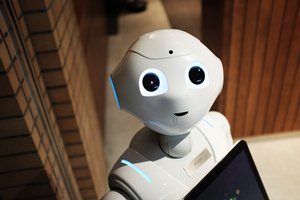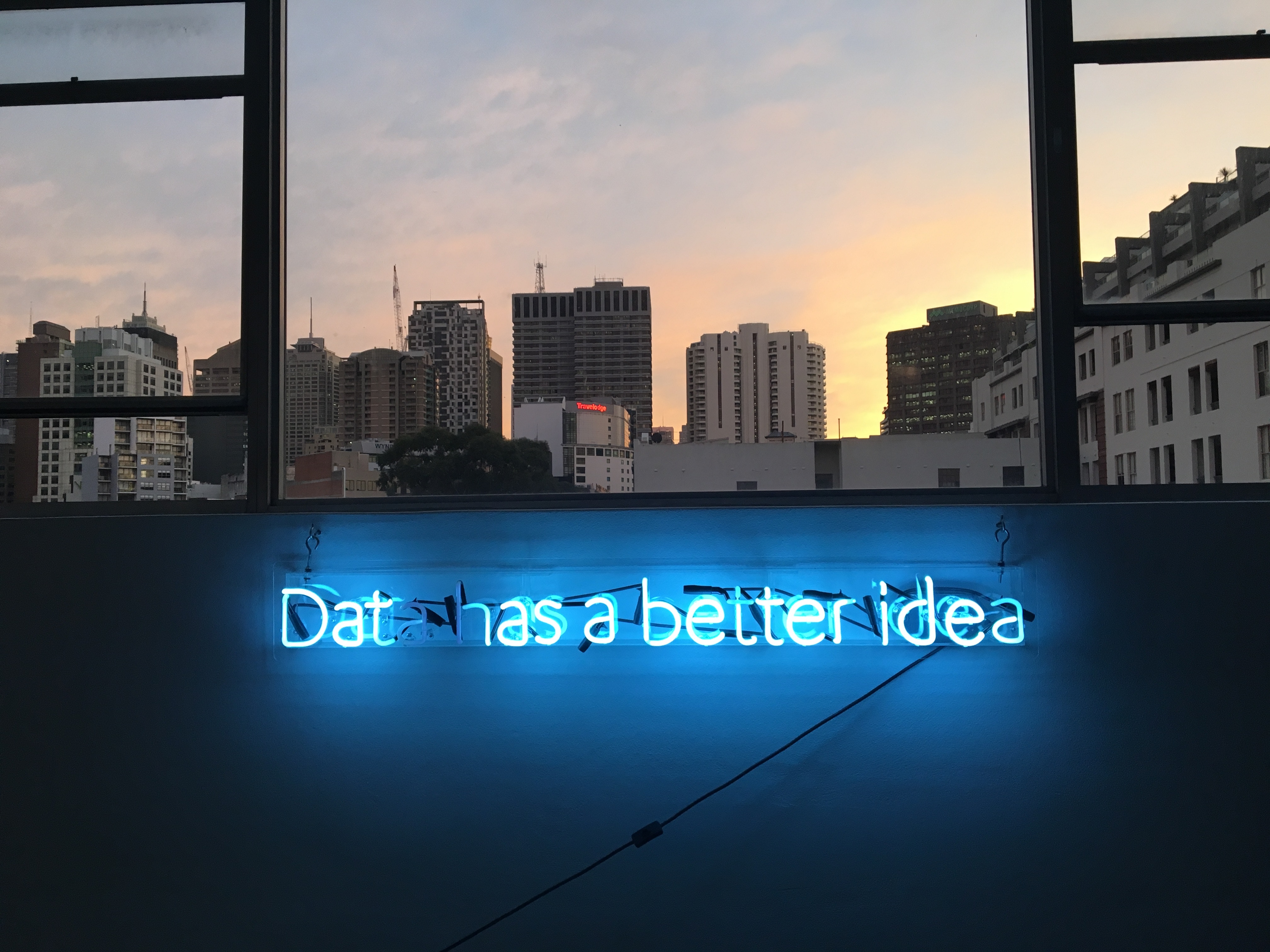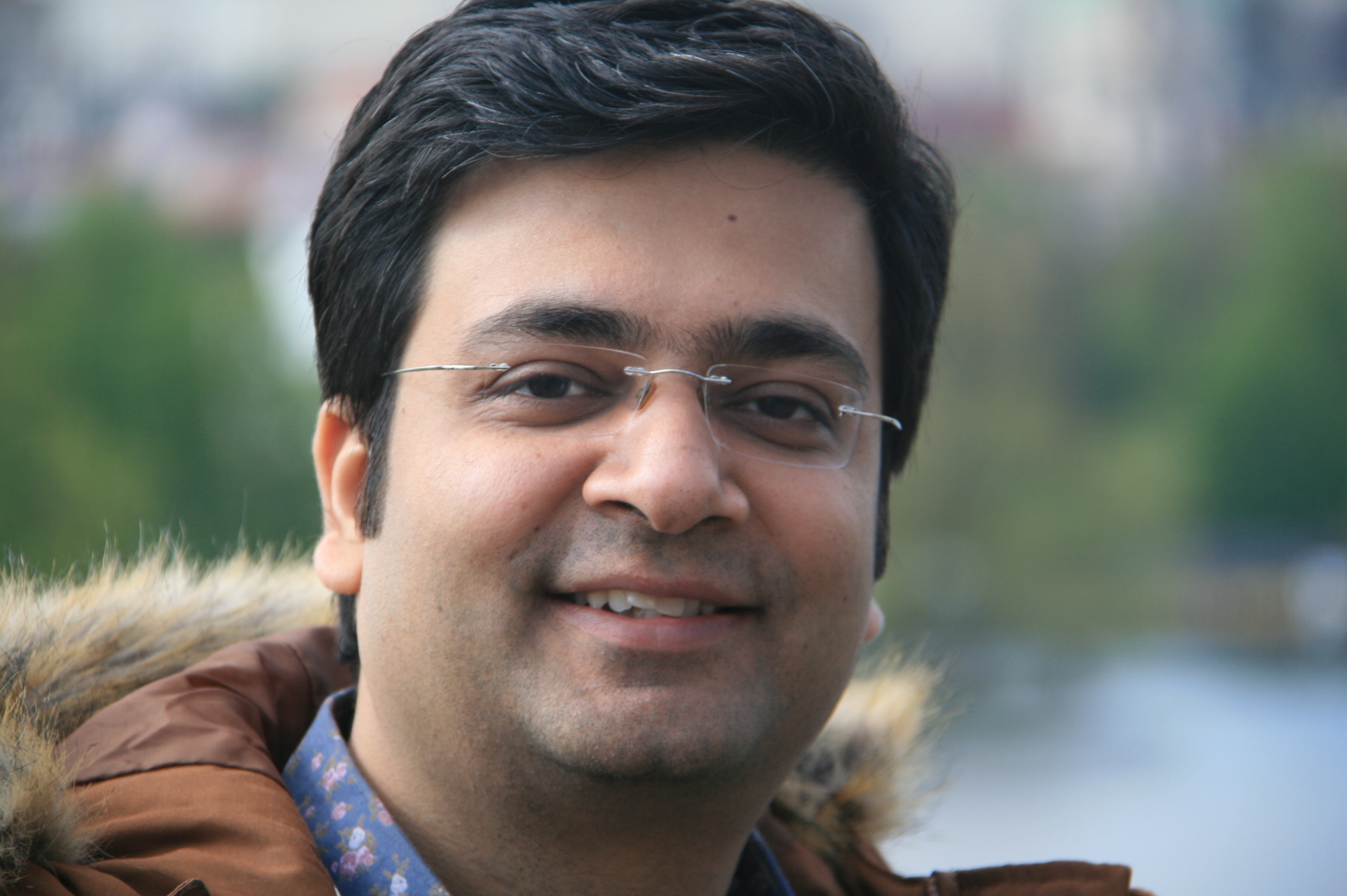Will artificial intelligence have an impact on IoT sooner or later?

The market intelligence company IDC estimates that the number of connected devices and sensors to the internet will surge from 11 billion in 2016 to 80 billion by 2025. These devices and sensors will produce huge amount of big data, says Tushar Bhatnagar, IoT project manager with TechMahindra.
This data can hold extremely valuable information if used effectively; data that can help in real-time insights for the doctors, increase productivity across industries, create smart homes, help cities to predict accidents, provide communication between autonomous cars etc.
The possibilities that this data brings are endless and we need to formulate ways to analyse and process this big data with speed and accuracy.
However, this flood of data also brings along with it few challenges, such as:
- How to manage, analyse and create meaningful insights.
- How to ensure fast and accurate analysis.
- How to balance between centralised versus localised intelligence.
- How to balance between personalisation versus data privacy.
- How to maintain security.
And Artificial Intelligence (AI) can be instrumental in removing some of these challenges and help make sense of this data and make sure that the Internet of Things (IoT) lives up to its promise. AI effectively enhances and multiplies the benefit and the impact IoT can have on the businesses who will adopt it. It has the capability to provide analytics that is required to extract meaningful information from the vast amount of data. In fact, AI is one of the key catalysts to grow IoT and take it to the next level.
Artificial intelligence can, in fact, help growth of IoT at three levels: –
- Power of Prediction – At the most basic level, it can enable the power of prediction. It will be able to forecast what will happen? This will enable organisations to use the data to know when a machinery or a part is about to break so they can take appropriate action.
- Power of Prescription – At a more advanced level, with intelligent sensors with logic to drive action means that it will be able to tell what should we do to avoid an outage or disaster. For example, railway track sensors can warn against track failures, or autonomous vehicles can course-correct when the car veers away from the centre of the lane.
- Power of Adaptation – At the highest level, based on the continuous data feed the system will be able to learn to take the optimal action without human intervention. For example, in healthcare, blood glucose sensors can alter insulin delivery in response to changing patient needs.

Tushar Bhatnagar
I believe that IoT and AI are interdependent and should not be treated in silos. If we want them to reach their true potential, they both need to move forward hand in hand.
At one end IoT is able to generate huge amount of big data and needs AI to make use of this data, and on the other end AI needs huge amounts of data to grow and able to move towards a system that is able to take action without any human intervention.
It’s time that we let the machines help us in getting insights from the data.
The author of this blog is Tushar Bhatnagar, IoT project manager with TechMahindra.
Comment on this article below or via Twitter @IoTGN
